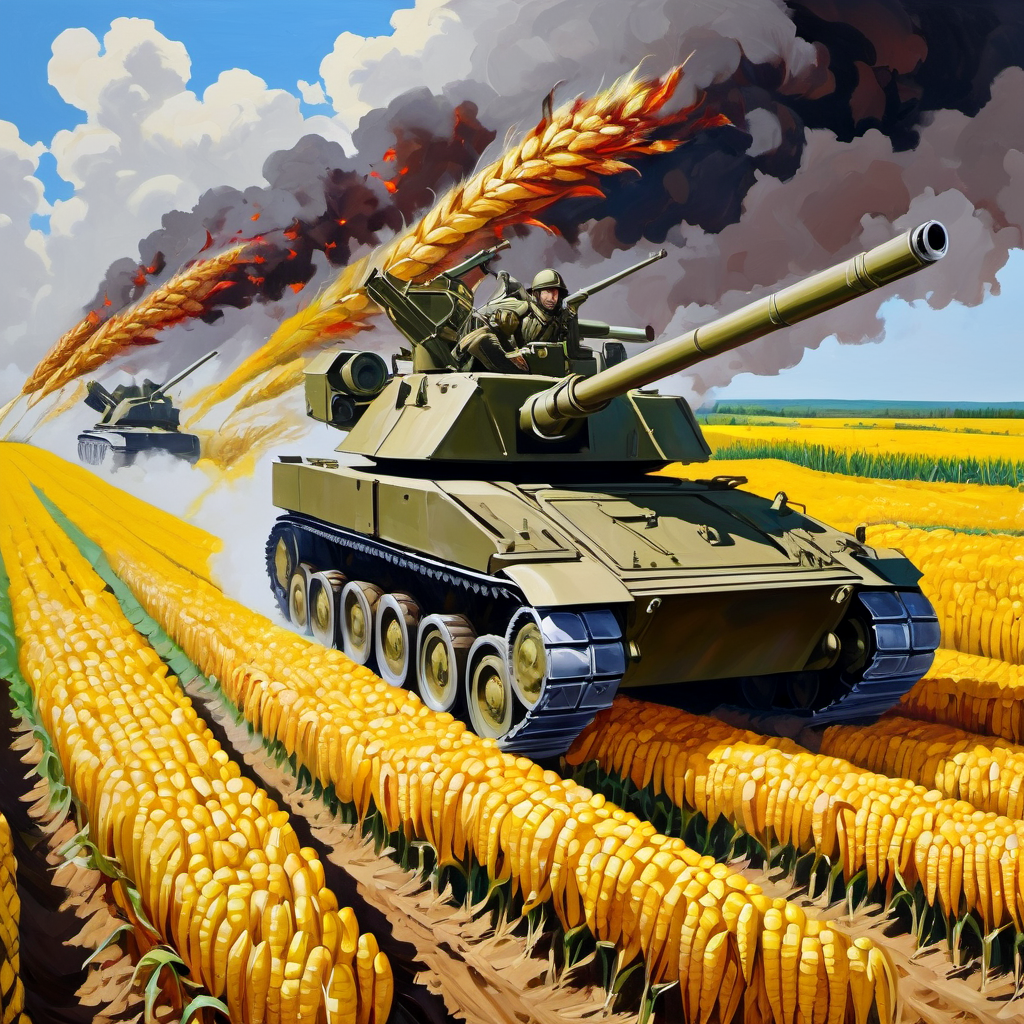How Russian Ukraine War impacts the Global Economy

The Russian Ukraine war has a significant impact on commodity prices.
Russia is the world's third-largest oil producer and the second-largest natural gas producer.
The war has led to sanctions on Russia's energy sector, as well as a reluctance by some buyers to purchase Russian energy.
This has reduced the supply of oil and gas on the global market, pushing up prices.
Russia is also a major exporter of metals, such as aluminum, nickel, and palladium.
The war has disrupted production and trade of these metals, leading to higher prices.
For example, the price of nickel has more than doubled since the start of the war.
Russia and Ukraine are major exporters of agricultural products, such as wheat, corn, and sunflower oil.
The war has disrupted production and exports of these products, leading to higher prices and concerns about food security.
The price of wheat has increased by more than 50% since the start of the war.
The war in Ukraine is having a negative impact on the global economy.
Higher commodity prices are fueling inflation and squeezing household budgets.
The war is also leading to uncertainty and disruption in business activity.
The International Monetary Fund (IMF) has downgraded its global growth forecast for 2023.
The IMF now expects global growth to be 3.2%, down from its previous forecast of 3.6%.
The war is also having a disproportionate impact on developing countries.
Many developing countries are net importers of food and energy, so they are particularly vulnerable to higher commodity prices.
The war is disrupting supply chains and trade for developing countries.
It's the everyday people who suffer the most.